Publications
Articles, publications, books, tools and multimedia features from the U.S. Institute of Peace provide the latest news, analysis, research findings, practitioner guides and reports, all related to the conflict zones and issues that are at the center of the Institute’s work to prevent and reduce violent conflict.
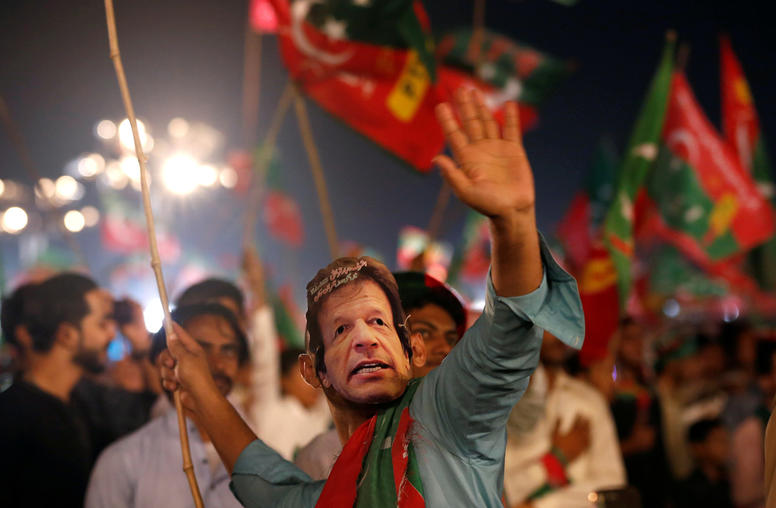
Exposure to Violence and Voting in Karachi, Pakistan
Pakistan’s 2018 elections marked just the second time in history that power transferred peacefully from one civilian government to another after a full term in office. Although the initial months of campaigning were relatively free of violence, the two weeks before polling were dangerous for campaigners and voters alike, and the elections provided a platform for some parties to incite violence, particularly against Pakistan’s minority sects. This report provides a deep examination of how exposure to political violence in Pakistan’s largest city affects political behavior, including willingness to vote and faith in the democratic process.
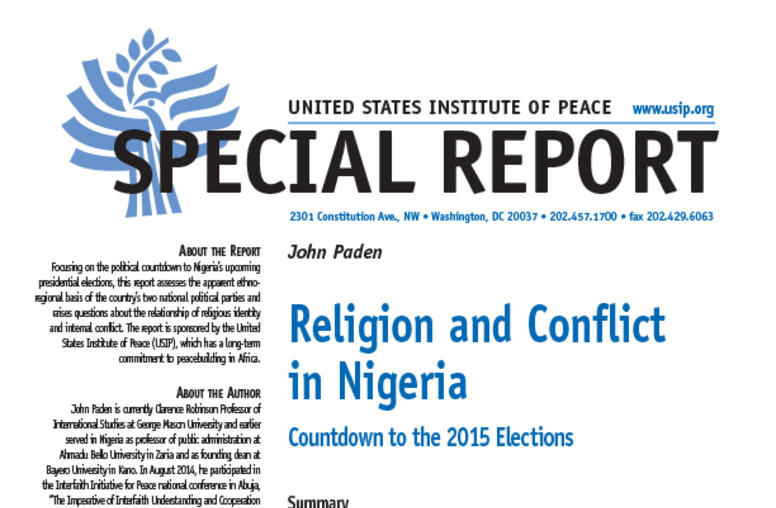
Religion and Conflict in Nigeria
Nigeria—its vast population evenly split between Muslim and Christian—is counting down to another presidential election, scheduled for February 2015. This report raises a number of questions about the relationship of religious identity and internal conflict and the consequences of a polarized election. Do religious symbols exacerbate or mitigate conflict, especially during an electoral season? What are the interfaith efforts to ameliorate or mitigate ethno-religious conflict? What are the con...
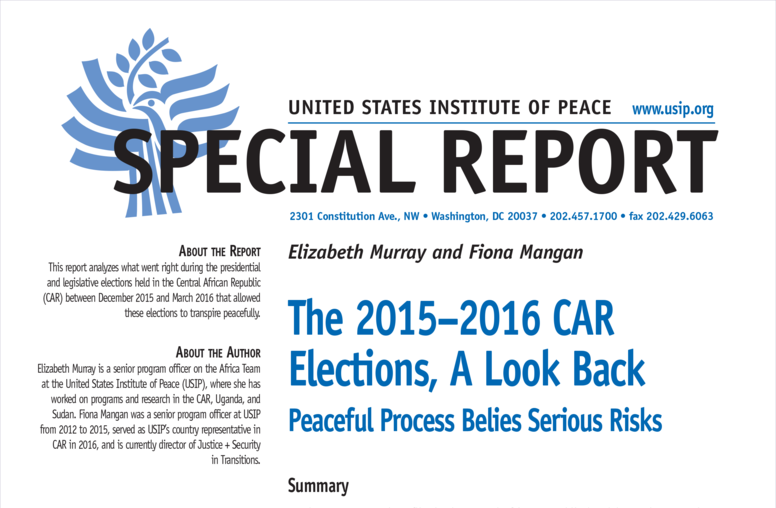
The 2015–2016 Central African Republic Elections, A Look Back
Plagued by successive coups and waves of violent conflict since its independence in 1960, the Central African Republic managed to hold its first peaceful elections in late 2015 and early 2016. Fears of widespread violence proved unfounded. This report focuses on what went right in those elections and how those conditions have not held a year later, allowing violence to return to the country.

The 2021 India-Pakistan Ceasefire: Origins, Prospects, and Lessons Learned
The February 2021 ceasefire between India and Pakistan along the Line of Control in Kashmir has—despite occasional violations—turned into one of the longest-lasting in the countries’ 75-year shared history. Yet, as Christopher Clary writes, the ceasefire remains vulnerable to shocks from terrorist attacks, changes in leadership, and shifting regional relations. With the ceasefire approaching its third anniversary, Clary’s report examines the factors that have allowed it to succeed, signs that it may be fraying, and steps that can be taken to sustain it.
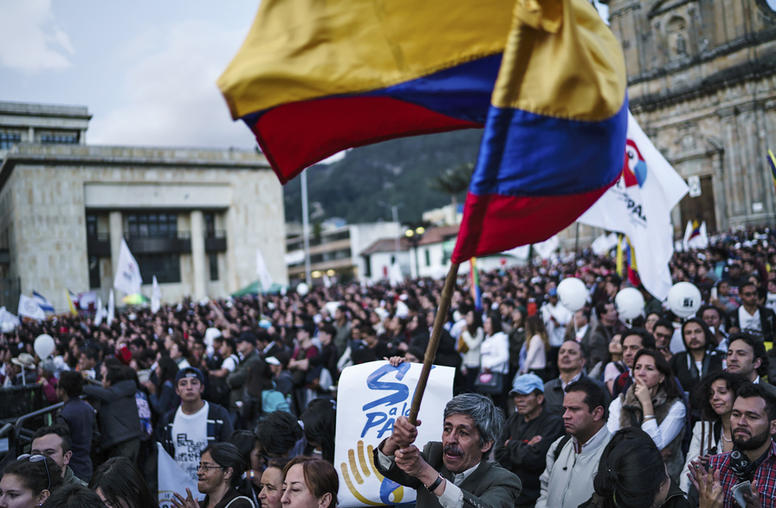
Measuring Collective Impact: Creating a Framework for Assessing Multiple Peacebuilding Projects in Colombia
USIP implemented its Initiative to Measure Peace and Conflict (IMPACT) program first in the Central African Republic and later in Colombia, where it worked directly with peacebuilding organizations to gauge their collective impact on fostering reconciliation in the wake of the 2016 peace accord between the government and FARC rebels. Drawing on the challenges encountered and lessons learned, this report provides suggestions for how future iterations of the IMPACT approach can help policymakers, donors, and practitioners achieve greater and more cost-effective results from the peacebuilding projects they support.
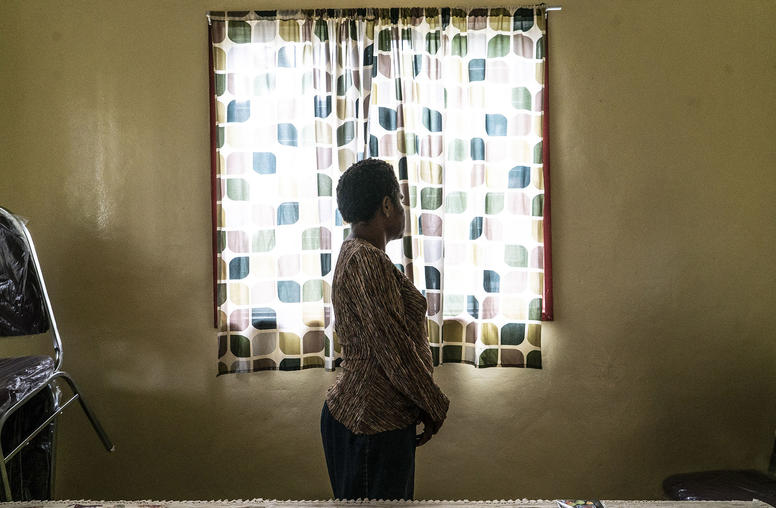
Addressing Gendered Violence in Papua New Guinea: Opportunities and Options
Each year, more than 1.5 million women and girls in Papua New Guinea experience gender-based violence tied to intercommunal conflict, political intimidation, domestic abuse, and other causes. It is, according to a 2023 Human Rights Watch report, “one of the most dangerous places to be a woman or girl.” Bleak as this may seem, it is not hopeless. USIP’s new report identifies several promising approaches for peacebuilding programming to reduce gender-based violence and effect meaningful and lasting change in Papua New Guinea.
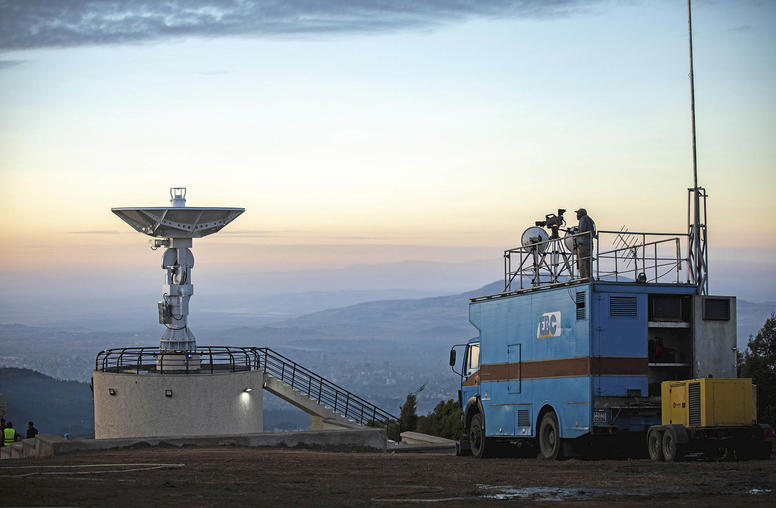
China’s Space Collaboration with Africa: Implications and Recommendations for the United States
Beijing has made support for the development of African nations’ space programs a key incentive for the continent to form closer ties with China. By contrast, although US federal agencies and universities are actively involved in research partnerships with some African countries, space technology has not been a focus of US foreign policy in Africa. This report provides an overview of China’s partnerships with Africa’s space programs and offers recommendations for boosting US engagement to advance shared diplomatic, economic, and security objectives.

Huawei’s Expansion in Latin America and the Caribbean: Views from the Region
Since its founding in Shenzhen, China, in 1987, Huawei has grown into one of the world’s major information and communications technology companies, but its ties to China’s government and military have been regarded by US officials as a potential risk to national security. Latin American and Caribbean countries, however, have embraced the company for the economic and technological benefits it provides. This report explains the stark contrast between Huawei’s standing in the United States and its neighbors to the south.